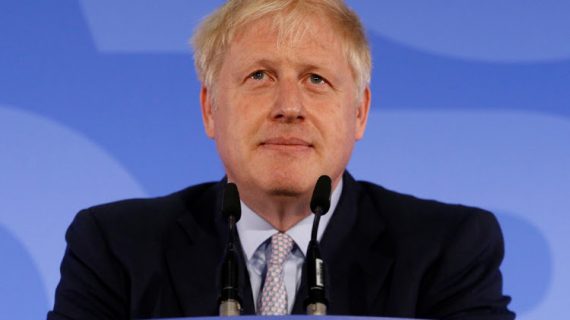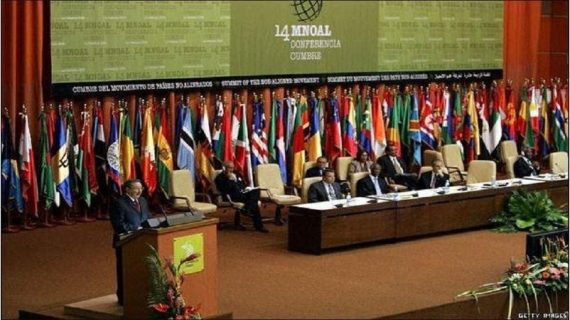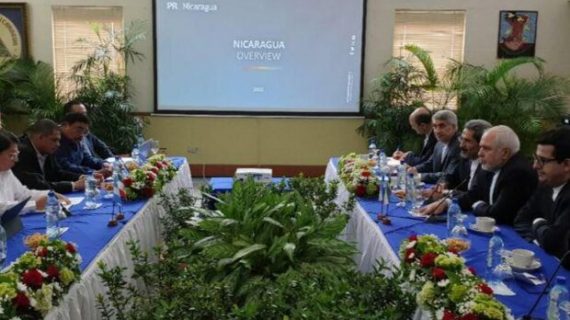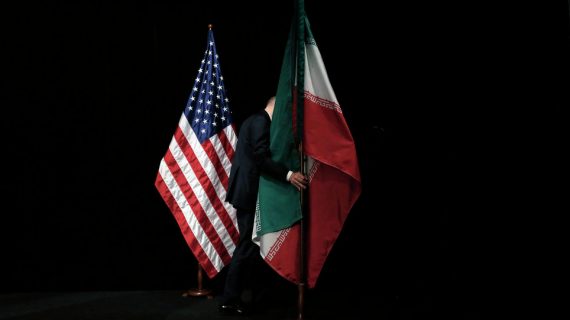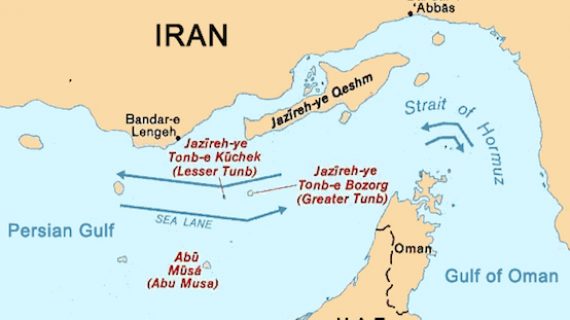Iran Must Accelerate FATF Accession amid Israel Inclusion
ISRAEL’S ACCESSION TO THE GLOBAL ANTI-MONEY LAUNDERING MAKES IT MORE DIFFICULT FOR IRAN TO JOIN THE FINANCIAL ACTION TASK FORCE, AN IRANIAN MEDIA OUTLET SAID, ARGUING FOR QUICKER APPROVAL OF PARLIAMENTARY LEGISLATIONS REQUIRED FOR IRAN GETTING OUT OF THE BODY’S BLACK LIST.
Reported by HPMM Group according to IRAN FRONT PAGE ; ISNA wrote in a recent article that Israel’s inclusion in the FATF is worrying, as the membership may give it another podium to publicly challenge Iran, along with the US, Argentina and Persian Gulf Arab governments who already oppose Iran’s accession.
“Israel’s formal membership makes the task harder for Iran, as foreign opposition [to Iran joining FATF] will increase while domestic opposition [persists],” he said.
Israel, which since February 2016 was an observer in the organization, was accepted as a member of the global body dedicated to combating money laundering and terrorism financing last week.
Israel’s Justice Ministry said last Monday Israel’s inclusion could help it influence policy against regional foes.
“Israel will be able to take part in setting international rules in the realm of terror financing and money laundering, rules that it is subject to in any event,” the ministry said.
Need for Quick Steps
Despite Israel’s opposition, Iran should keep up making efforts to prevent the blocking of financial and monetary lifelines, as it is essential to Iran’s continued resistance against unilateral US sanctions imposed in November, ISNA wrote.
“At a time when unilateral US sanctions have limited Iran’s breathing room and targeted essential lifelines … and Europe and China and Russia have limited power in countering the sanctions … it is quite necessary to keep small transaction channels open,” the report wrote.
The agency wrote that FATF is an organization run by consensus and other countries will not heed to illogical pressure of the US and its allies if Iran takes necessary steps.
Iran’s accession to the FATF Iran’s accession to the G7-created FATF has faced obstacles in recent months, mainly over concerns among some officials that the move could endanger Iran’s national security interests.
Out of four parliamentary bills required for Iran’s accession to the global anti-money laundering body, only the first one has so far gone into effect and the fate of the other three is in limbo.
An amendment to Iran’s Combating the Financing of Terrorism (CFT) law, a bill on Iran’s accession to the United Nations Convention against Transnational Organized Crime, and another bill amending the country’s anti-money laundering law, have been found to be problematic by the Guardian Council, the legislation watchdog.
Proponents of the FATF accession say the measure would smooth the path for Iran’s increased financial transactions with the world and allow Iranian financial sector to function more easily in the international economy.
The FATF announced last month once again it extends the deadline for Iran to complete reforms to meet conditions for getting out of the body’s black list.

